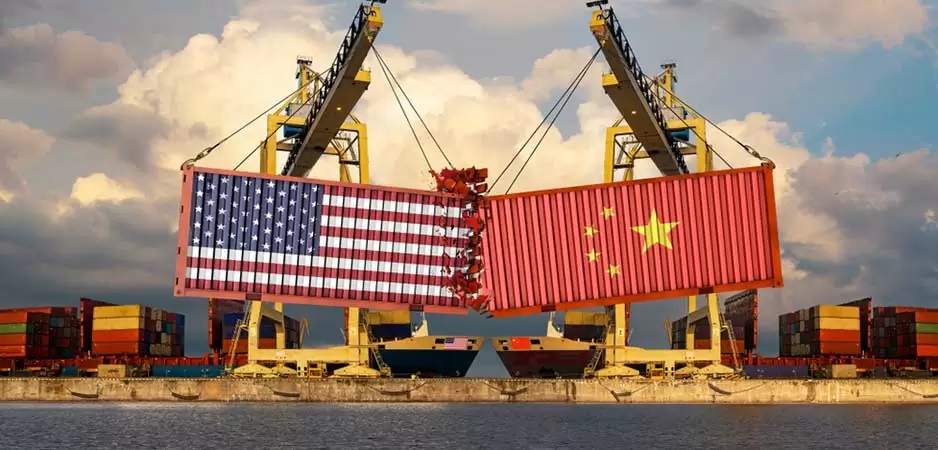
The U.S. used “de-risking” tactics to restructure global supply lines to lessen dependency on Chinese supply chains. These initiatives have caused unexpected issues that affect supply chain efficiency and cost dynamics. (Photo: Fair Observer)
U.S. Attempts to “De-Risk” from China Result in Unforeseen Challenges for Global Supply Chains
The U.S. uses “de-risking” tactics to restructure global supply lines to lessen dependency on Chinese supply chains. These initiatives have caused unexpected issues that affect supply chain efficiency and cost dynamics. The policy’s implementation has complicated supply chains and raised U.S. buyer expenses. Chinese influence and involvement in global supply chains persist despite these efforts, highlighting the difficulties of disengaging from China’s economic networks.
The U.S.’s “de-risking” actions, which were meant to make global supply lines less dependent on China, have made them longer and more complicated. Even though people have tried to get supplies from other countries like Mexico and Vietnam, the rerouting of trade has caused import prices to rise and trade routes to become more complicated. Ultimately, U.S. businesses and customers are facing more uncertainty and price changes, which goes against what the “de-risking” strategies were meant to do.
The U.S. wants to cut down on direct imports from China, but the complicated web of global supply chains has made China’s role even more important. Key industries like technology and electric vehicles show how good China is at making things and how much of an impact it has on global supply lines. China still plays a big part in the early stages of U.S. supply chains, even though the U.S. is trying to reduce its direct dependence on it. This is because third-country import markets are growing.
READ ALSO: Biden Administration’s Struggle With Trade Agreements Imperils Efforts To Counter China
The Risks of Geoeconomic Fragmentation
The U.S.’s “de-risking” endeavors add to the mounting geopolitical tensions and trade-restrictive measures, intensifying the risks associated with fragmented global supply chains. The implications of this fragmentation extend to heightened costs, increased price volatility, and impediments to portfolio flows and foreign direct investment. As complexities in trade networks and delivery routes persist, the global outlook for trade in 2024 remains uncertain, posing challenges for global firms and investors.
The IMF warns that if things don’t change, geoeconomic fragmentation could cause the world’s GDP to drop by 7%. Kristalina Georgieva, Managing Director of IMF, stresses how important it is for policymakers to put trust and cooperation between countries at the top of their list of priorities if they want to deal with big economic shocks successfully. To help the global economy, building trust and working together with other countries is very important as trade problems and division get worse.
READ ALSO: US Urges China To Respect Taiwan’s Sovereignty Ahead Of Elections
























